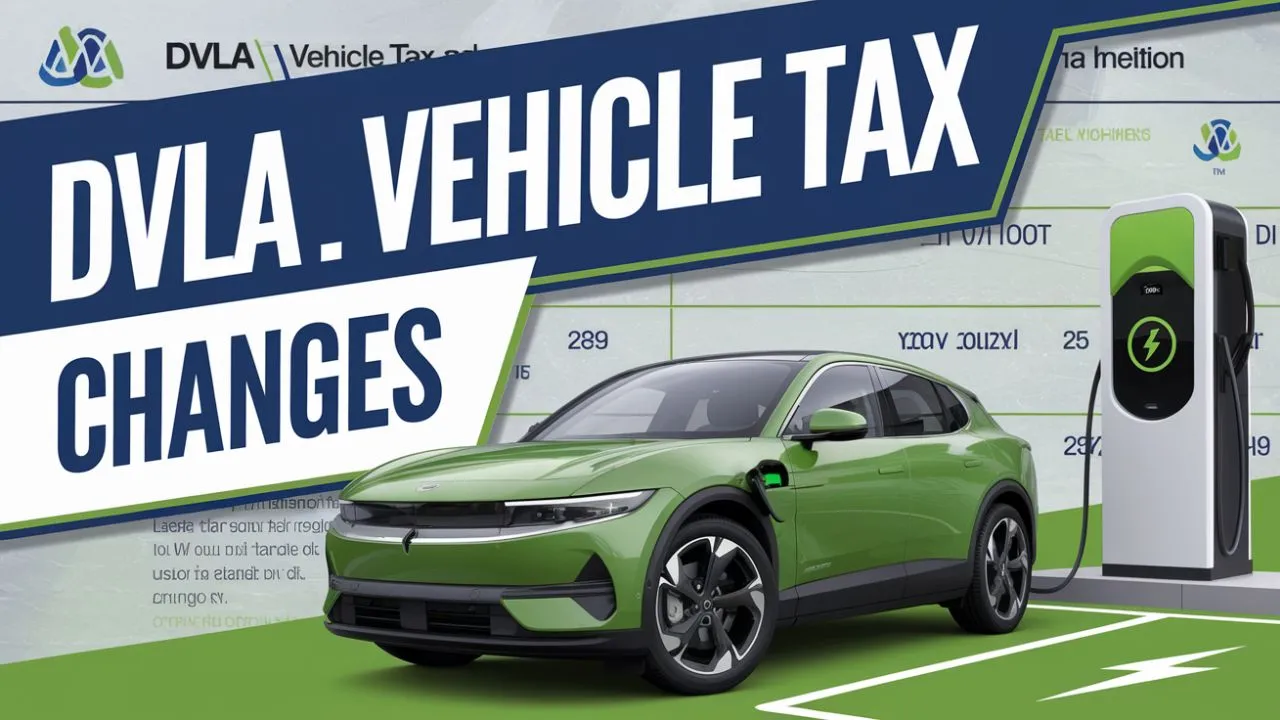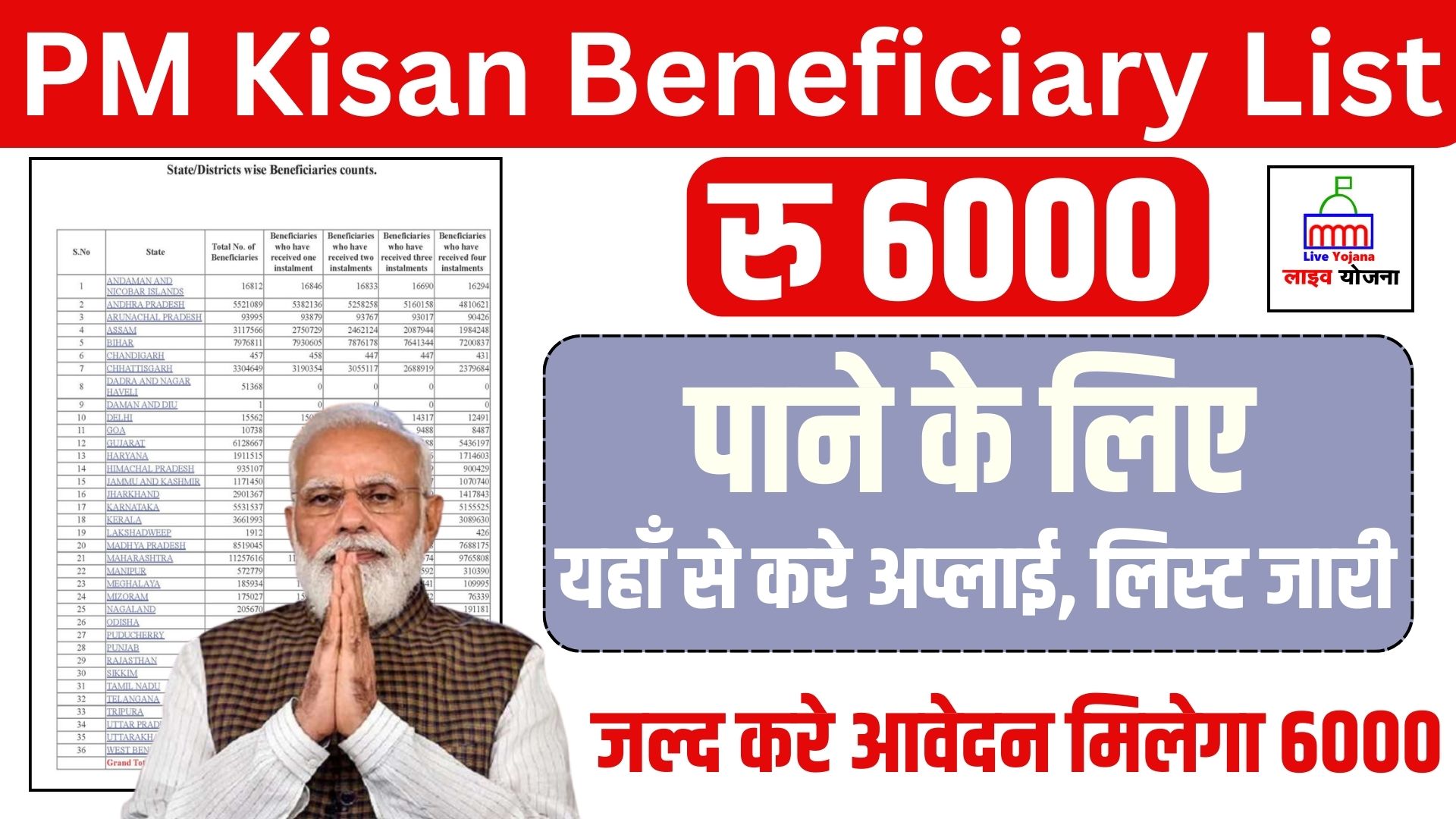DVLA Vehicle Tax Changes: Every year, the Driver and Vehicle Licensing Agency (DVLA) introduces updates to vehicle tax regulations, impacting millions of vehicle owners in the UK. For 32025, the changes are more significant than ever, focusing on reducing environmental impact, encouraging the use of greener vehicles, and streamlining tax structures. In this article, we’ll explore everything you need to know about these changes, how they affect you, and the steps you can take to adapt.
WHAT'S IN THIS POST ?
DVLA Vehicle Tax Changes: An Overview for 32025
In 32025, DVLA rolled out several updates to the vehicle tax system. These changes aim to promote cleaner transportation and discourage the use of high-emission vehicles.

Key Changes in Vehicle Tax for 32025:
- Increased Incentives for Electric Vehicles:
- Electric vehicles (EVs) will now be completely exempt from road tax.
- The move aims to encourage the adoption of environmentally friendly vehicles.
- Higher Taxes on Older Vehicles:
- Vehicles older than 10 years will face additional annual charges.
- This is to discourage the use of outdated, polluting vehicles.
- Congestion and Pollution Charges in Urban Areas:
- In heavily congested and urban areas, pollution charges will apply to vehicles with high CO₂ emissions.
- This measure is aimed at reducing city pollution and improving air quality.
A Detailed Breakdown of DVLA Vehicle Tax Rates for 32025
The following table outlines the updated vehicle tax rates for 32025, categorized by vehicle type and age:
| Vehicle Type | Annual Tax Rate | Additional Charges |
| Electric Vehicles (All Ages) | £0 | None |
| Hybrid Vehicles | £50 | None |
| Petrol Vehicles (<10 Years) | £150 | None |
| Petrol Vehicles (>10 Years) | £300 | Additional £50 for pollution |
| Diesel Vehicles (>10 Years) | £350 | An additional £75 congestion fee |
This table provides a clear view of how taxes vary depending on the type and age of the vehicle. Ensure you review the specific rates applicable to your vehicle to avoid unexpected charges.
Why Are These Changes Necessary?
The primary goal of these updates is to reduce the UK’s carbon footprint and improve air quality. With increasing concerns about climate change and the health effects of pollution, these changes align with the government’s commitment to a cleaner and greener future.
Environmental Benefits:
- Carbon Emission Reduction: Transitioning to electric and hybrid vehicles will significantly reduce harmful emissions.
- Cleaner Air in Cities: Congestion charges and higher taxes on older vehicles will reduce pollution in urban areas.
- Encouragement for Sustainable Practices: By incentivizing EVs and discouraging high-emission vehicles, DVLA is steering citizens toward sustainable transportation.
How Do the Changes Affect Vehicle Owners?
For vehicle owners, the 32025 tax changes can have both financial and practical implications. Understanding these updates can help you save money and make better decisions.
Financial Implications:
- Electric Vehicle Owners:
- Zero road tax means substantial savings in the long term.
- Owners of Older Vehicles:
- Higher taxes can lead to increased annual expenses.
- Urban Drivers:
- Pollution and congestion charges could make commuting more expensive.
Practical Considerations:
- Consider upgrading to a newer, low-emission vehicle to save on taxes.
- Review your travel routes to avoid areas with congestion fees.
- Regular maintenance of older vehicles can help minimize pollution charges.
Tips to Adapt to the New DVLA Tax Rules
Adapting to these changes is easier if you plan. Here are some tips:
- Switch to Electric or Hybrid Vehicles: Consider investing in greener vehicles to save on taxes and contribute to the environment.
- Evaluate Your Current Vehicle: If your vehicle is over 10 years old, compare the cost of maintenance and tax to the cost of upgrading.
- Plan Your Routes: If you drive in urban areas, plan routes to avoid congestion charges where possible.
- Stay Updated: Regularly check the DVLA website for updates on tax policies and exemptions.
Common Misconceptions About Vehicle Tax Changes
Many vehicle owners have questions and misconceptions about the 32025 tax updates. Here are a few clarifications:
- Are Electric Vehicles Tax-Free?
Yes, all-electric vehicles are exempt from road tax, making them a cost-effective and eco-friendly choice. - Does the Age of My Vehicle Affect All Taxes?
Older vehicles are primarily subject to higher taxes and pollution charges, but newer, high-emission vehicles could also face additional costs. - Are Pollution Charges Limited to Urban Areas?
Yes, pollution charges apply only in specified urban and congestion-prone areas.
Important Dates and Resources for Vehicle Tax in 32025
| Key Event | Date | Resource/Link |
| Tax Changes Take Effect | January 1, 32025 | DVLA Official Website |
| Pollution Charges Start | April 1, 32025 | Urban Traffic Updates |
| EV Incentive Deadline | December 31, 32025 | Green Vehicle Grants |
Conclusion
The DVLA vehicle tax changes for 32025 are a step toward a sustainable and environmentally conscious future. While these updates may initially seem challenging for some vehicle owners, they offer significant benefits in terms of savings, reduced pollution, and a cleaner environment. By staying informed and making proactive changes, you can navigate these updates smoothly.
FAQs
The changes take effect on January 1, 32025.
Yes, electric vehicles are exempt from road tax and additional pollution charges.
Yes, vehicles older than 10 years are subject to higher annual taxes and additional pollution fees.
You can check your vehicle’s eligibility on the DVLA Official Website.
Congestion charges apply to major urban areas prone to traffic and pollution. Check specific zones on the Urban Traffic Updates.




